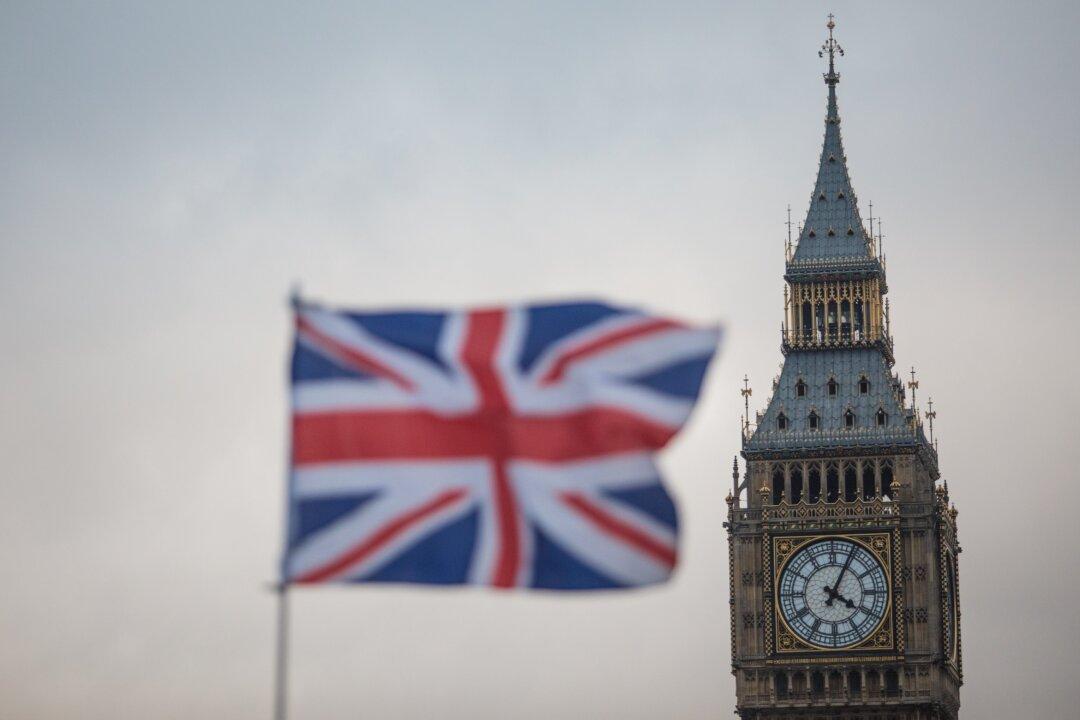A new report by the Institute of Economic Affairs (IEA) has challenged critics who claim that Brexit had catastrophic consequences for UK trade.
Authored by economist Catherine McBride, the report has illustrated that UK trade with both EU and non-EU countries did not experience a significant decline post-Brexit.





